Owning a cat can be a joyous and fulfilling experience, but it also comes with its own set of challenges. Even well-intentioned cat owners can unknowingly make mistakes that impact their feline friend’s health and happiness. By understanding these common pitfalls, you can ensure a long, healthy, and harmonious relationship with your cat.
Overfeeding and Poor Diet Choices
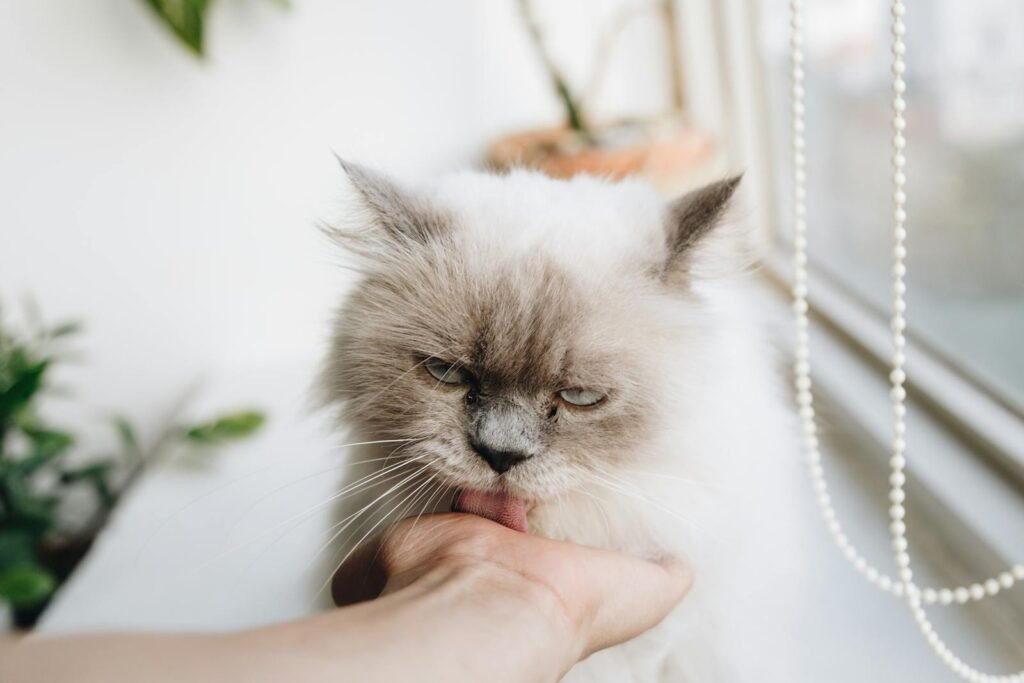
One of the most common mistakes cat owners make is overfeeding their pets or providing them with a poor diet. Cats have specific dietary needs that differ significantly from those of dogs and humans. Offering too many treats or feeding them human food can lead to obesity and associated health issues like diabetes and joint problems. It’s crucial to provide a balanced diet rich in protein and essential nutrients. Consulting with a veterinarian can help you determine the right portions and food quality for your cat’s dietary needs.
Ignoring Dental Health
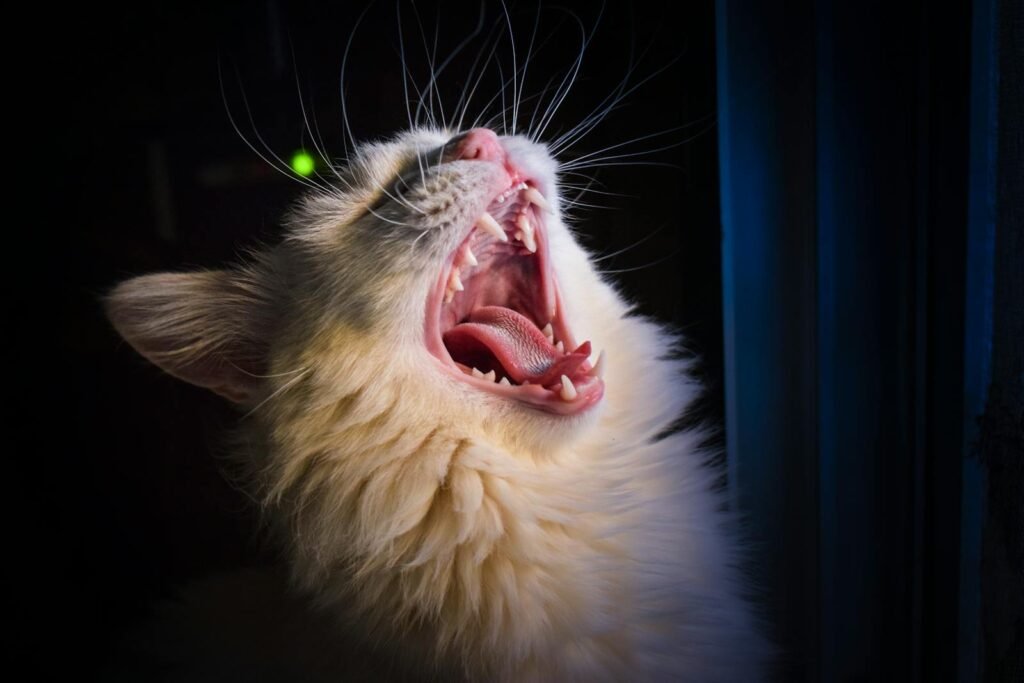
Dental care is often overlooked, yet it’s a vital part of your cat’s overall health. Plaque buildup can lead to gum disease, tooth loss, or more severe health issues if bacteria enter the bloodstream. Regularly brush your cat’s teeth with veterinary-approved toothpaste and provide dental treats or toys designed to reduce plaque and tartar buildup.
Lack of Veterinarian Visits
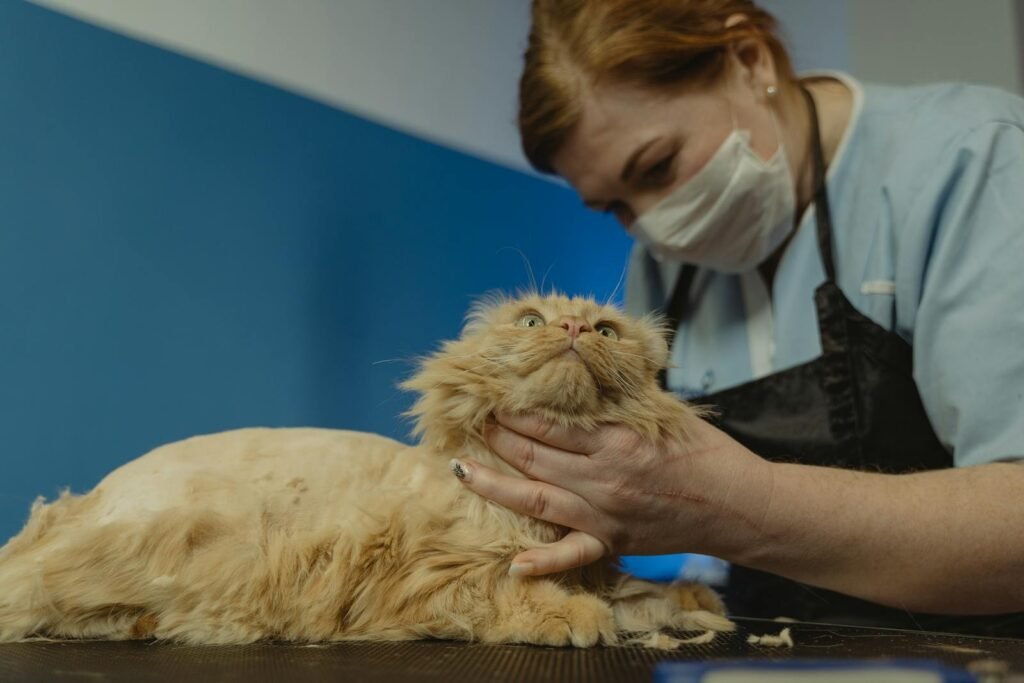
Skipping regular veterinary check-ups is another mistake cat owners often make. Routine visits to the vet are essential for early detection of potential health issues and for keeping vaccinations up-to-date. These visits are also a perfect opportunity to discuss any odd behaviors or concerns you might have about your cat’s health and well-being.
Neglecting Mental Stimulation
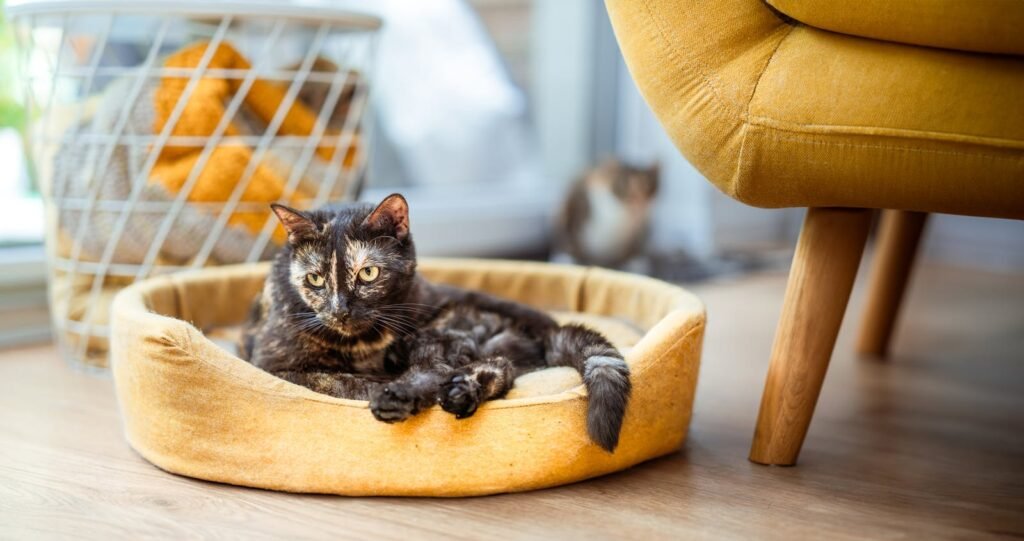
Cats are highly intelligent creatures that require mental stimulation to prevent boredom and behavioral issues. Provide interactive toys, climbing trees, and opportunities for play sessions. Engage your cat with puzzle feeders or toys that mimic prey to keep their minds sharp and satisfy their natural hunting instincts.
Inadequate Litter Box Maintenance
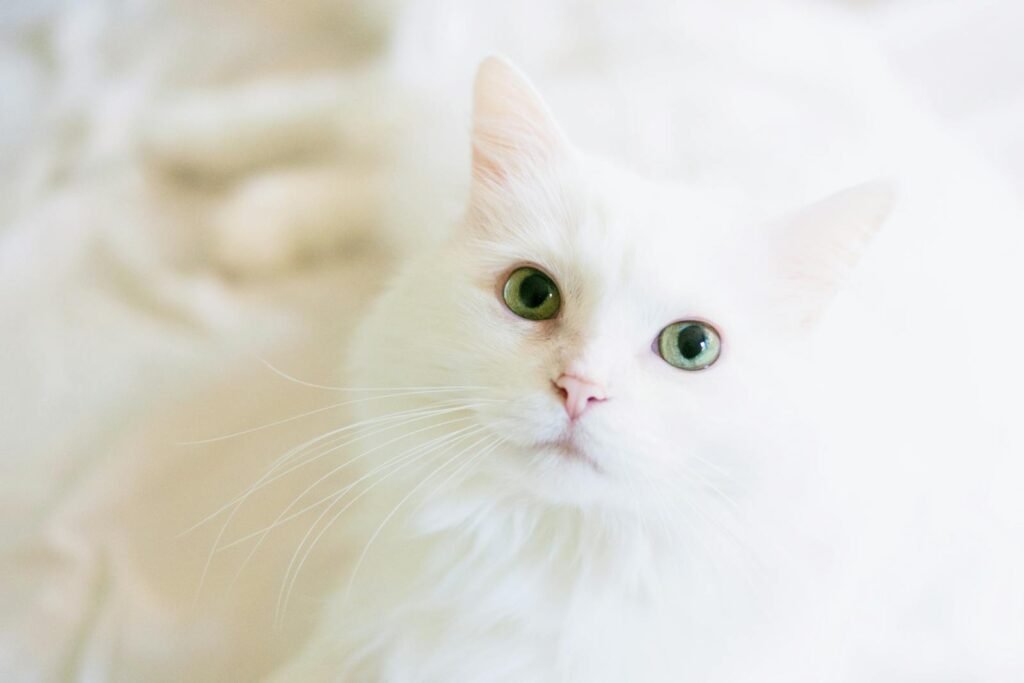
A common oversight is not maintaining the litter box adequately. Cats are clean animals and can be particular about their toilet areas. Ensure the litter box is cleaned frequently and placed in a quiet, easily accessible location. Multiple cats may need more than one litter box to avoid conflicts and encourage usage.
Lack of Social Interaction

While cats are often seen as independent animals, they still need social interaction, particularly if they are the only pet in the home. Spend quality time with your cat through petting, talking, or playing to build a solid bond and ensure their emotional well-being.
Assuming Cats Don’t Need Training
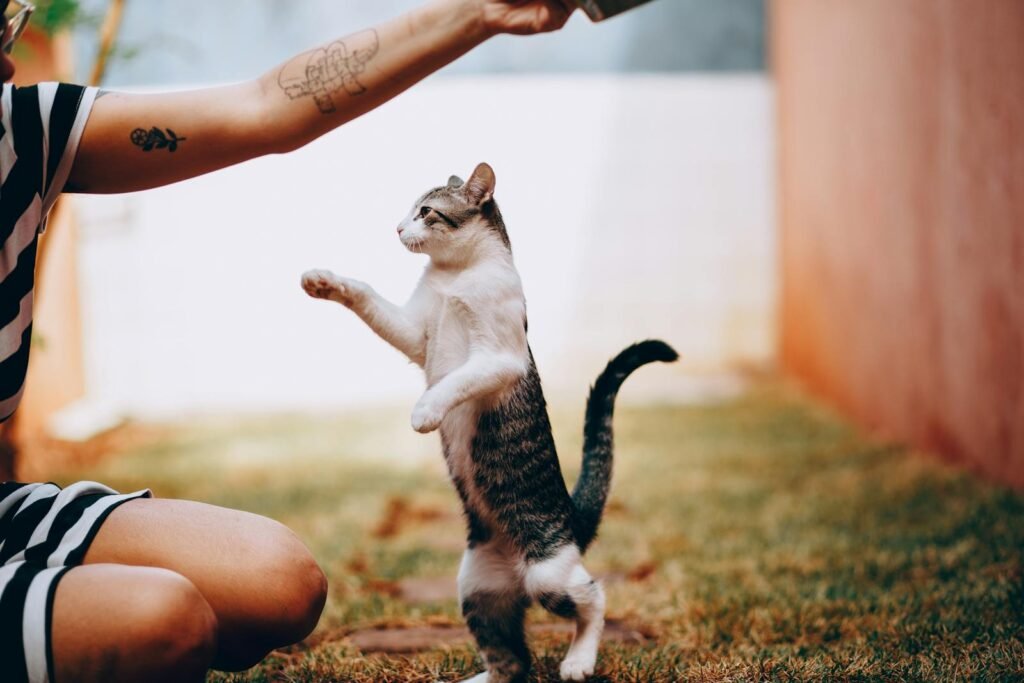
Unlike dogs, people often think cats don’t require training. However, training can help curb unwanted behaviors like scratching furniture or jumping on counters. Use positive reinforcement techniques such as treats or praise to gently guide your cat’s behavior.
Choosing the Wrong Cat for Your Lifestyle

Another common misstep is selecting a cat breed that doesn’t match your lifestyle or home environment. Before adoption, research different breeds and their temperaments to find one that suits your living conditions and energy levels. This prevents mismatched expectations and ensures a harmonious household.
Ignoring Body Language
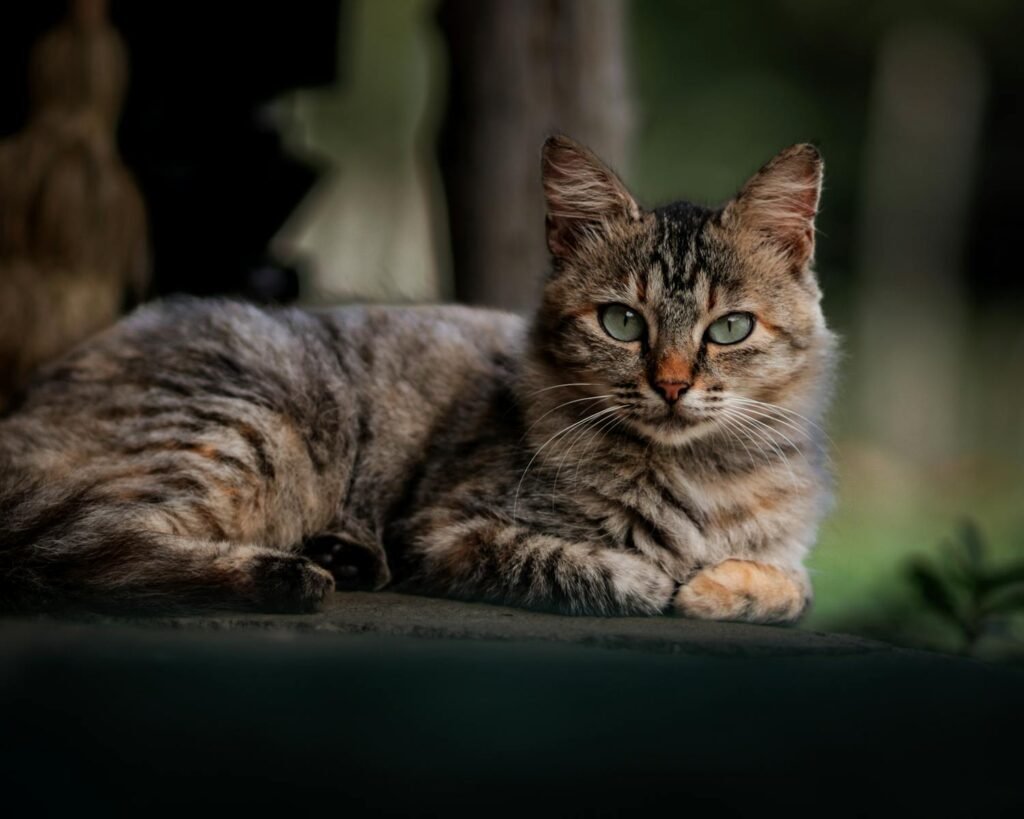
Cats communicate largely through body language, and ignoring these signals can lead to misunderstandings and stress. Learn to recognize signs of contentment, fear, or agitation, such as tail position, ear angles, and eye expressions, to respond appropriately to your cat’s needs.
Insufficient Grooming
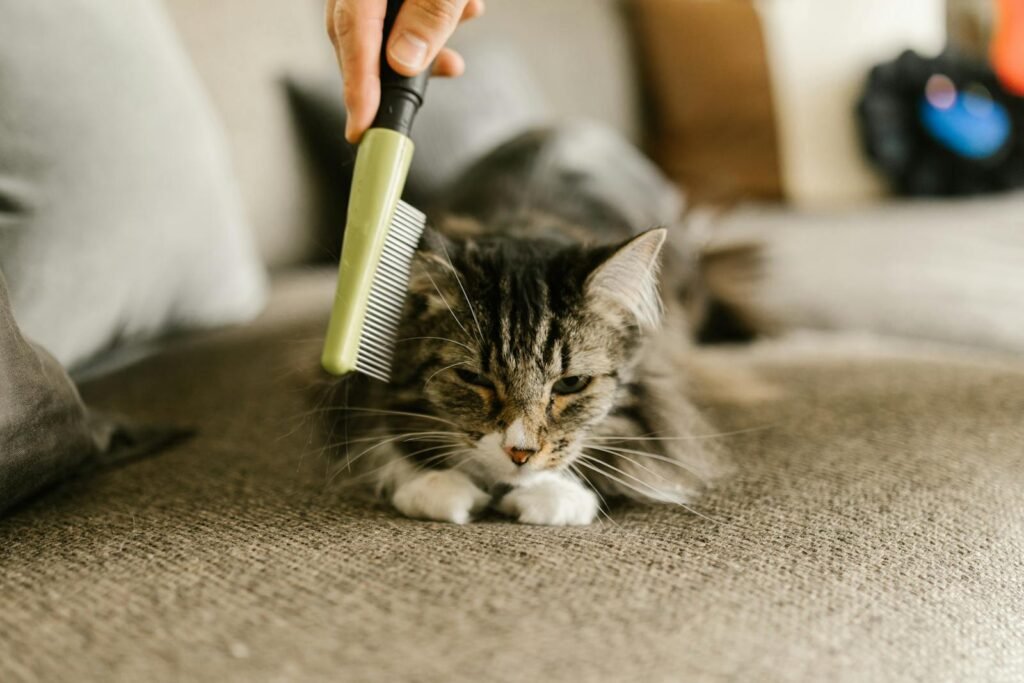
Grooming needs vary among cats, but overlooking this aspect can lead to matted fur and skin issues. Long-haired breeds require regular brushing to prevent knots and tangles. Additionally, all cats benefit from occasional baths and regular nail trims to maintain cleanliness and health.
Not Providing a Scratching Post
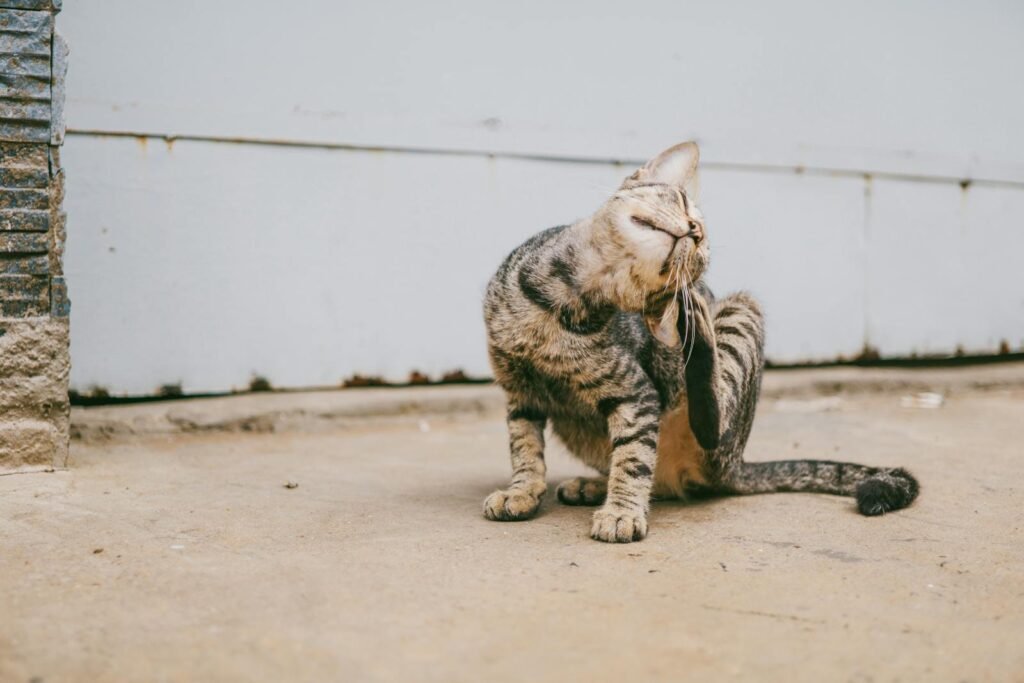
Scratching is a natural behavior that helps cats keep their claws healthy and mark their territory. Without a proper outlet, they may resort to furniture. Provide a feline-friendly scratching post to protect your belongings and satisfy your cat’s instinctive needs.
Disregarding Outdoor Safety
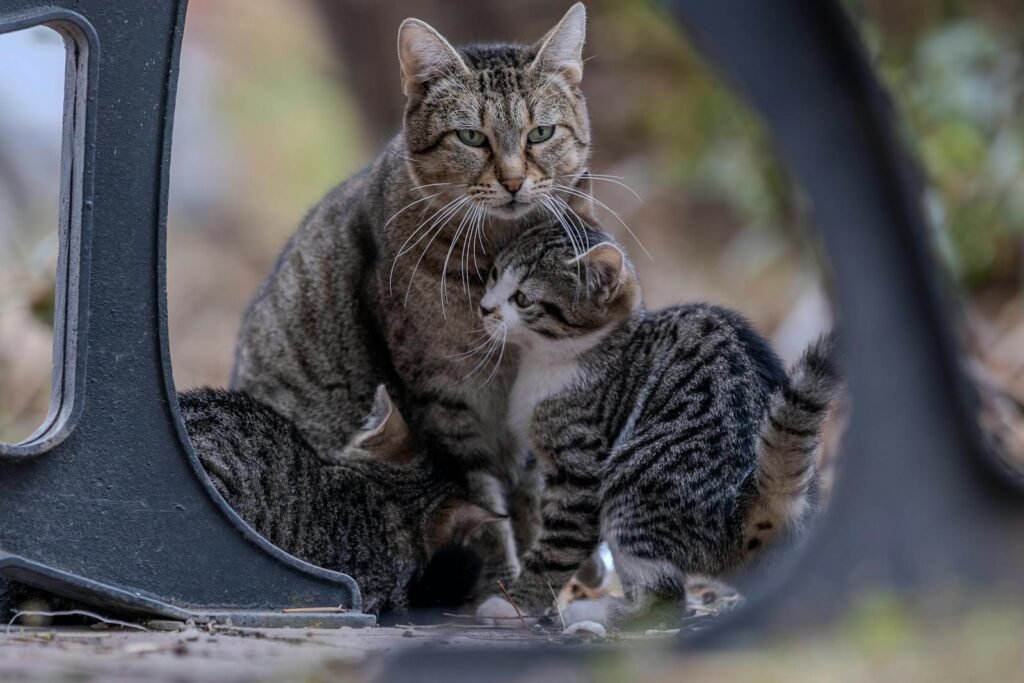
Allowing your cat outdoors without supervision can pose significant risks, such as encounters with traffic or other animals. Consider keeping your cat indoors or using a leash or a secure cat enclosure to offer outdoor experiences safely.
Underestimating the Need for Hydration
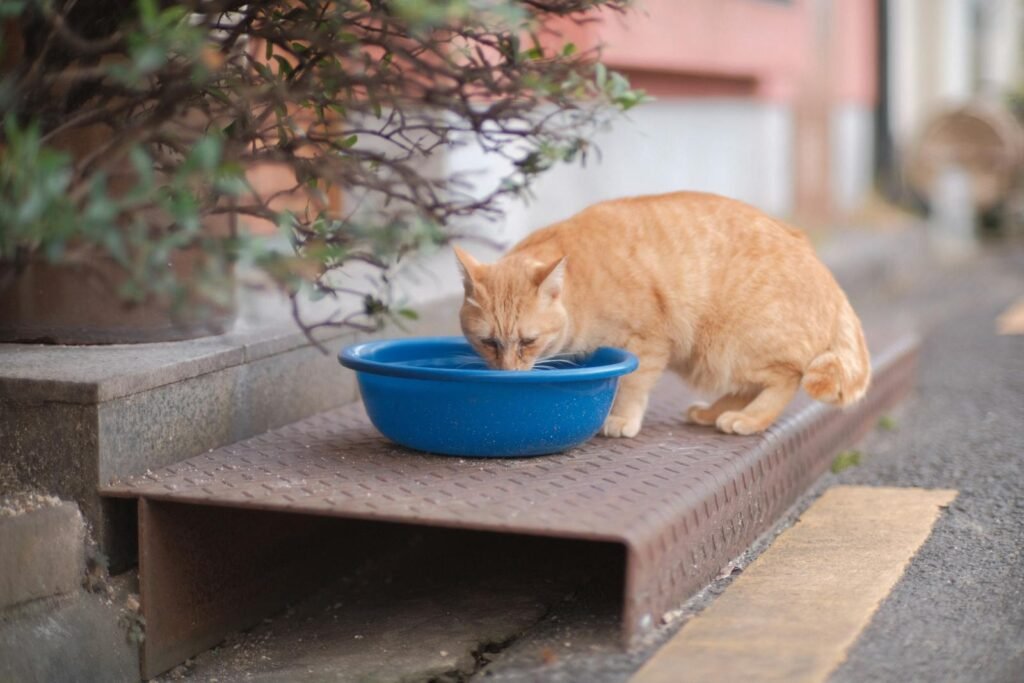
Cats can be prone to urinary tract infections if they don’t drink enough water. Encourage hydration by providing fresh water in multiple locations or considering a cat water fountain to attract their interest.
Not Spaying or Neutering
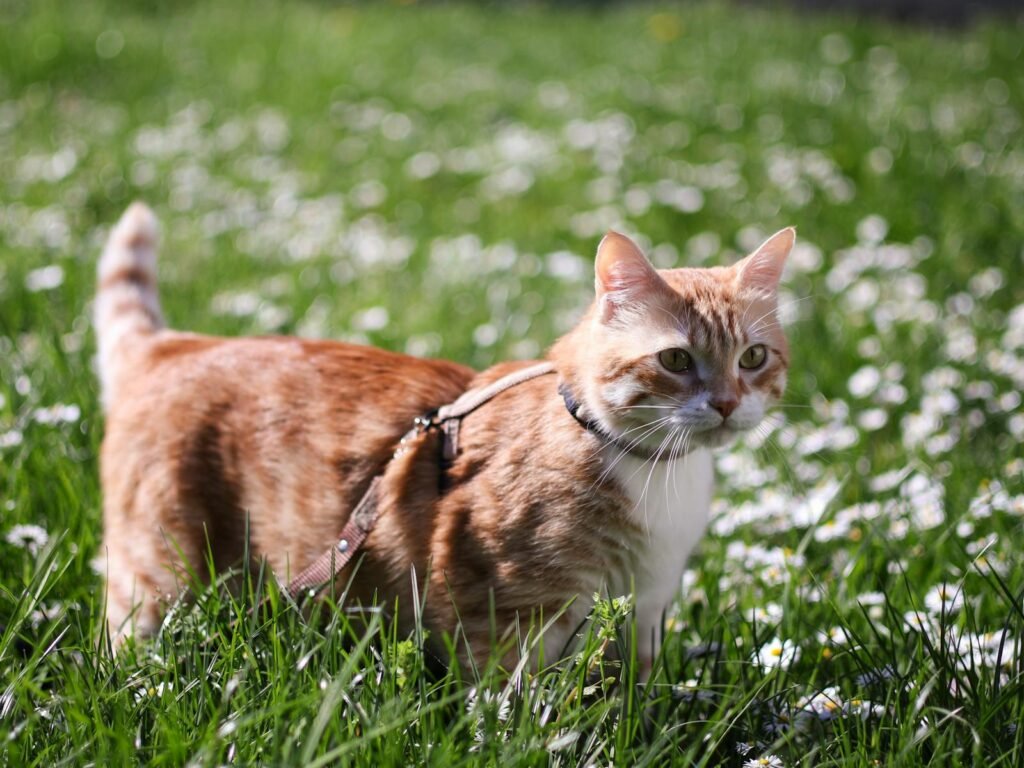
Failing to spay or neuter your cat can contribute to overpopulation and future health issues. These procedures can also reduce undesirable behaviors, such as spraying or aggressive tendencies, ensuring a happier home environment.
Conclusion: Building a Fulfilling Friendship

By avoiding these common mistakes, cat owners can significantly enhance their pet’s quality of life. Through proper care, attention, and understanding of your feline friend’s needs, you can enjoy a rewarding companionship that benefits both you and your cat. Investing time in learning and applying these practices will ensure the health and happiness of your cherished furry friend.

Growing up traveling and experiencing new cultures and wonders, I have had a passion for nature, adventuring, photography, and videography. I am currently working towards a BSc in Biodiversity and Ecology at Stellenbosch University, and I hope to specialise in Marine Sciences one day.
Please send any feedback to Feedback@animalsaroundtheglobe.com






